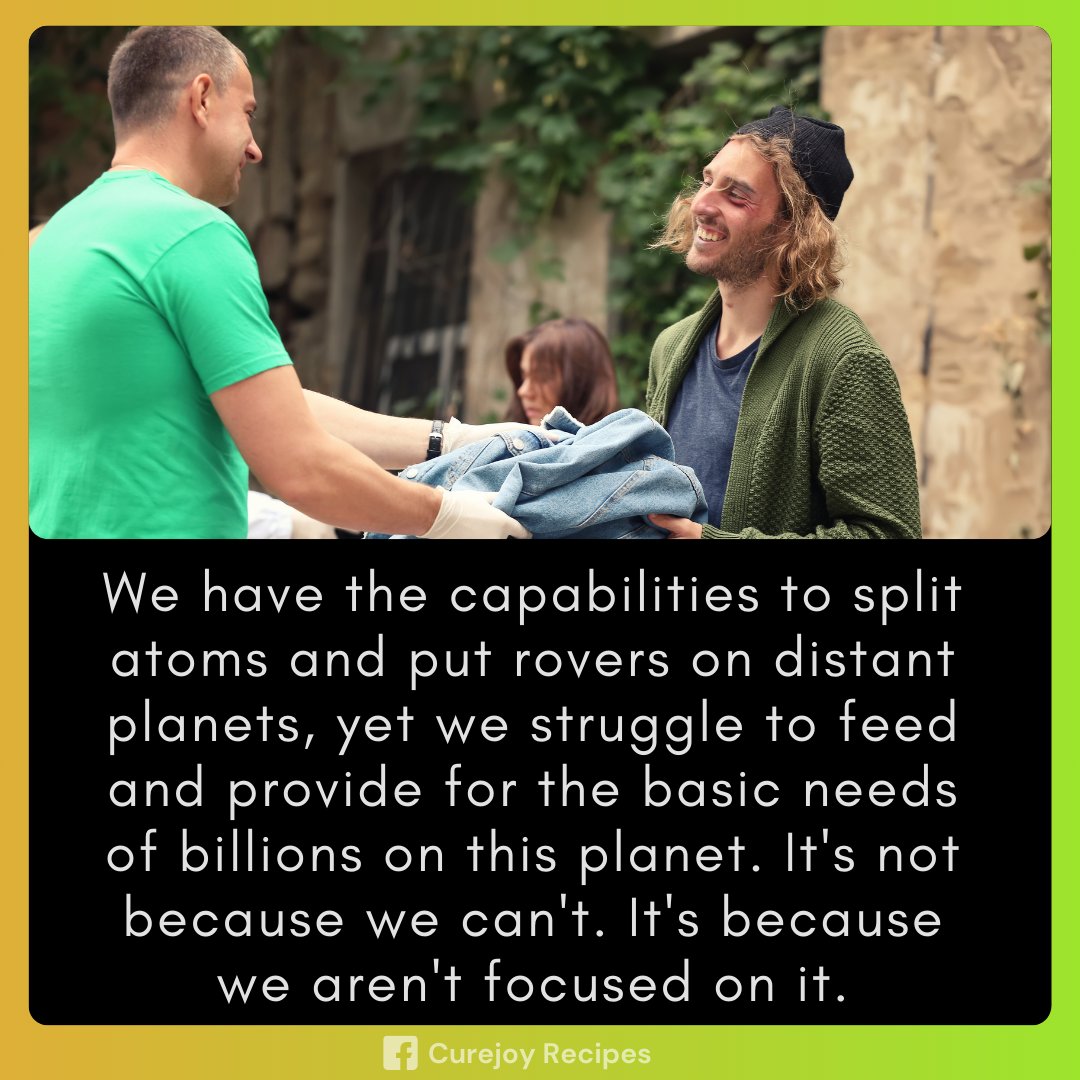Let’s Build a More Compassionate Food System: You Can Help!
Ever feel like something’s missing in the way we get our food? Beyond just taste and price, there’s a growing movement to create a more compassionate food system – one that considers the well-being of animals, the environment, and the people involved at every step. It might seem like a massive challenge, but the good news is, there are tons of ways each of us can contribute. Let’s dive into how!
What Does a Compassionate Food System Even Look Like?
Before we talk about solutions, let’s paint a picture. A compassionate food system is one where:
- Animals are treated with respect and have their basic needs met.
- Farmers and workers are paid fair wages and have safe working conditions.
- Food production minimizes environmental impact, promoting sustainability.
- Everyone has access to healthy, affordable, and culturally appropriate food.
It’s a lofty goal, but achievable through collective effort. Thinking about where your food comes from and the choices you make at the grocery store can have a big impact.
Small Changes, Big Impact: Ways to Contribute
Make Mindful Choices at the Grocery Store
Your spending power is a powerful tool! By consciously choosing certain products, you can directly support more ethical and sustainable practices.
- Look for Labels: Seek out labels like “Certified Humane,” “Animal Welfare Approved,” “Fair Trade,” and “Certified Organic.” These certifications indicate that certain standards of animal welfare, worker rights, or environmental responsibility have been met.
- Buy Local and Seasonal: Supporting local farmers reduces transportation costs and emissions, and often means fresher, more flavorful food. Check out your local farmers’ market!
- Reduce Food Waste: Plan your meals, store food properly, and get creative with leftovers. Food waste contributes significantly to greenhouse gas emissions and wasted resources. We have some great tips on reducing food waste at home (internal link to related article).
Eat Less Meat (Or More Mindfully)
Reducing your meat consumption, even by a small amount, can have a significant positive impact. Factory farming often involves cruel conditions and contributes to environmental degradation. This doesn’t necessarily mean going vegetarian or vegan (though those are great options!), but rather being more intentional about the meat you do eat.
- Try “Meatless Mondays”: Commit to one meat-free day a week.
- Choose Higher-Welfare Options: If you do eat meat, opt for products from farms that prioritize animal welfare.
- Explore Plant-Based Alternatives: There are tons of delicious and innovative plant-based meat alternatives available now.
Support Ethical Businesses and Farms
Seek out restaurants, grocery stores, and farms that prioritize ethical and sustainable practices. Do some research and see what businesses are aligned with your values. Supporting these businesses helps them thrive and encourages others to follow suit.
- Research Local Farms: Look for farms that offer tours or have transparent information about their practices.
- Support Restaurants with Sustainable Sourcing: Many restaurants are committed to using locally sourced, ethically raised ingredients.
- Vote with Your Wallet: Let businesses know that you value ethical and sustainable practices by choosing them over competitors.
Advocate for Change
You can also contribute by advocating for policies that support a more compassionate food system. Contact your elected officials, support organizations working on food policy reform, and raise awareness among your friends and family.
- Contact Your Representatives: Let them know you support policies that promote animal welfare, sustainable agriculture, and food access.
- Support Advocacy Groups: Donate to or volunteer with organizations working to improve the food system.
- Spread the Word: Talk to your friends and family about the importance of a compassionate food system. Share articles and resources on social media.
Let’s Get Started: Your Compassionate Food Journey
Building a more compassionate food system is a journey, not a destination. Even small changes can make a big difference. By making mindful choices, supporting ethical businesses, and advocating for change, we can all contribute to a food system that is better for animals, people, and the planet. What step will you take today? Learn more about animal welfare at the ASPCA (External Link).
